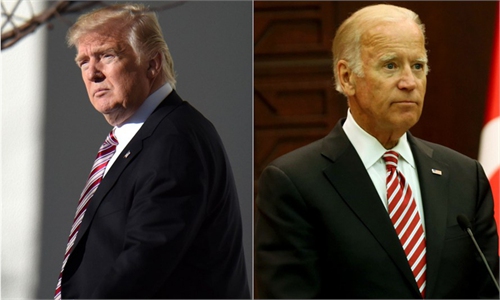Blockchain technology allowed 17 million people to travel between China’s Guangdong province and Macau amid the coronavirus pandemic.
- Macau and China’s southern Guangdong province have a mutually recognised health code system powered by blockchain
- This
allows both sides to validate the health status of travellers without
directly exchanging personal data, hence complying with local privacy
laws
EVEN amid a global travel standstill due to the coronavirus, more than 17 million people travelled between Macau and China’s southern Guangdong province since May.
This is thanks to a mutually recognised QR health code system using a crucial piece of technology: blockchain.
Blockchain technology is seen as a secure way to transfer data as it stores records in a network of computers instead of a centralised system. Each new record is linked to previous ones, making it extremely difficult for anyone to make changes.
The mainland China-macau health code system, based on technology by Chinese opensourced blockchain platform Fisco Bcos and Webank, a fintech developer backed by Chinese Internet giant Tencent Holdings, provides a solution to a major challenge to crossborder travel, Fisco Bcos said in a press release.
“Health authorities in Chinese mainland and Macau need to verify the health information submitted by users crossing the border and yet they are not supposed to exchange data directly with each other to stay in compliance with their corresponding regulations,” the blockchain platform said.
The health code system uses blockchain to encrypt the identification and personal health information of travellers, storing it in a consortium blockchain network which grants access only to authorised organisations.
This way, health authorities on both sides are able to verify whether travellers are in good health and have been in contact with any known Covid-19 cases without actually accessing personal data, thus complying with privacy regulations on both sides of the border that prohibit the direct exchange of such information.
With the code and valid negative coronavirus test results, Macau travellers are now exempt from a 14-day quarantine when entering China.
Chinese travellers from outside Guangdong province can also participate in the system to travel into Macau without quarantine requirements as long as they allow Guangdong authorities to access their data.
“The whole process does not involve transmission of data between back-end platforms,” said Fan Ruibin, head of blockchain technology at Webank.
“The original data is still stored in the local authority’s data centre.”
The technology “greatly improves the efficiency and accuracy of information verification across borders” and saves travellers the trouble of filling in personal information repeatedly on different platforms, Fisco Bcos said.
The average time of setting up the mutually-recognisable health code for the first time is 100 seconds and it takes less than three seconds to repeat the procedure thereafter, according to the statement.
Technically speaking, the system allows “both authorities to recognise a person’s health conditions through asymmetric cryptographic technology”, which uses a pair of related keys to encrypt and decrypt a message and protect it from unauthorised access or use, said Gao Chengshi, a cryptography expert and a member of the Blockchain Committee of the China Computer Federation.
“The technology itself isn’t complicated, and can be easily introduced to other countries and regions as long as the authorities are willing to conduct such mutual recognition of health identities,” Gao said.
Related posts:
BLOCKCHAIN beyond Bitcoin
What is Blockchain Technology, its uses and applications?
America goes to the polls, China unveils its five-year plan: analysing Beijing versus Biden & Trump
In this very special edition, the SCMP Political Economy team count down to a seismic day in the global calendar - November 3. China will release details of its next five-year plan, the same day of the US presidential election. John Carter and William Zheng draw a line between the two events - including a specific detail from a Beijing press conference with huge symbolic meaning for China. Economist Andy Rothman explores China's economic recovery and frisks three post-election scenarios, while former USTR staffer Benjamin Kostrzewa discusses a rollercoaster four years for trade lawyers, and casts an eye ahead to the next four years. #scmppodcasts
Trump vows to disprove polls
US President Donald Trump vowed to again defy the polls as he sprinted through five swing states Sunday, while his opponent Joe Biden urged supporters to “take back our democracy” by voting in two days.






No comments:
Post a Comment